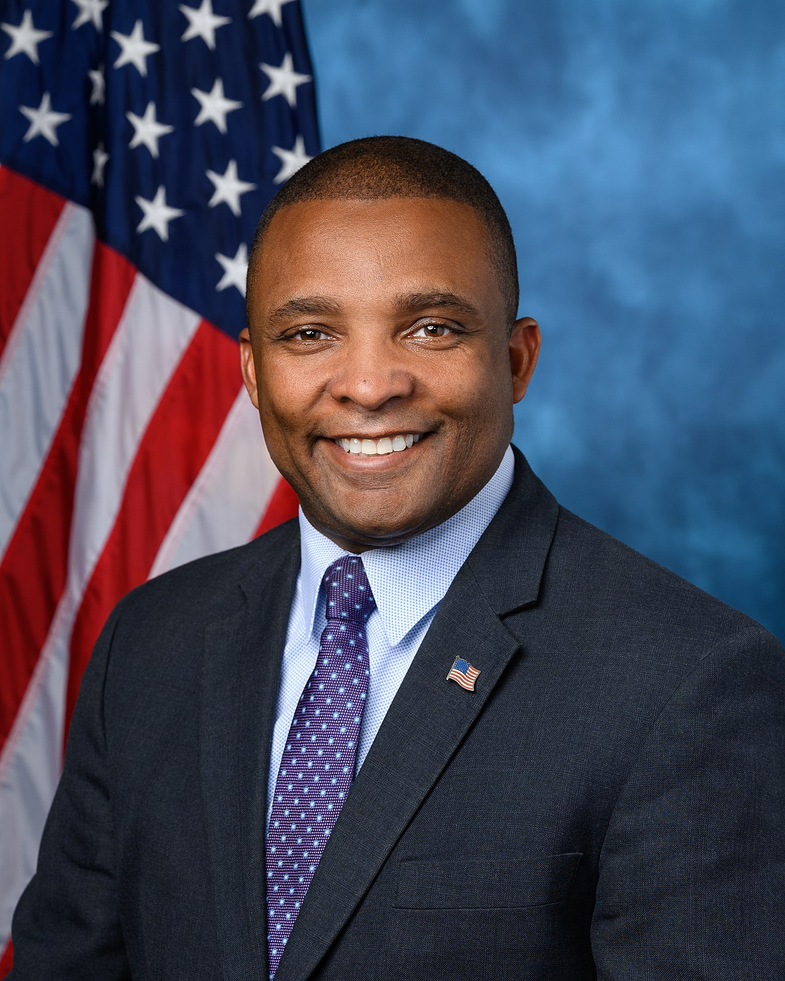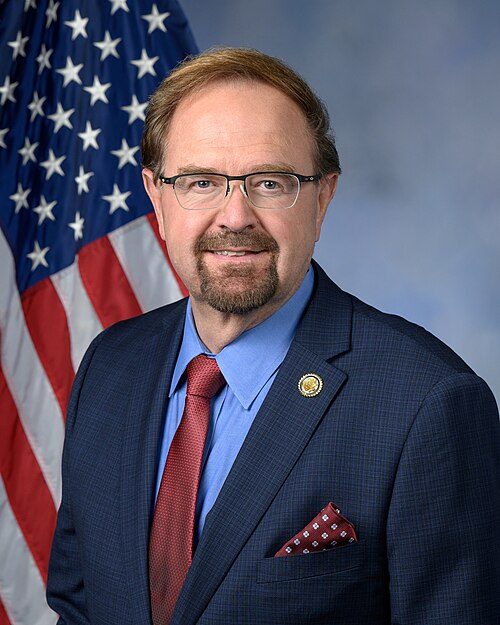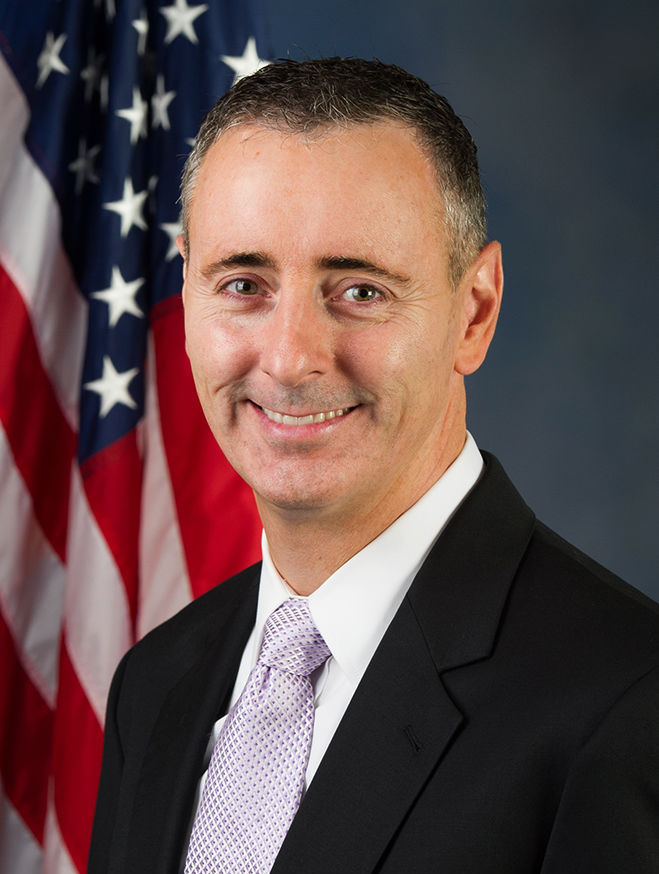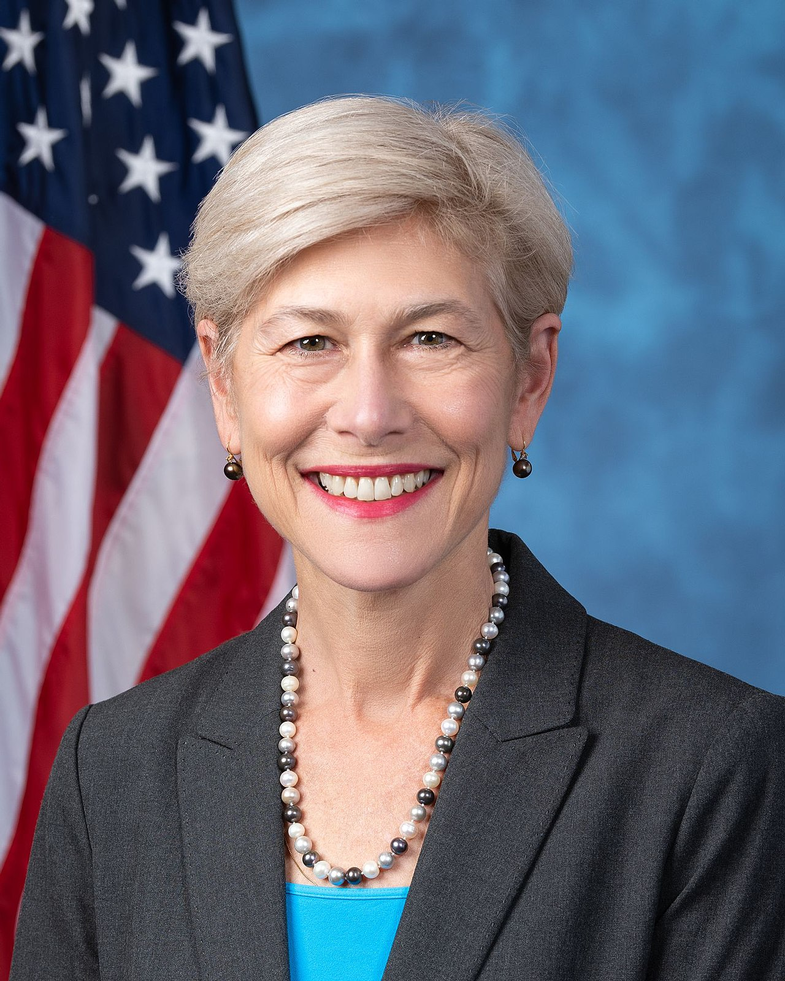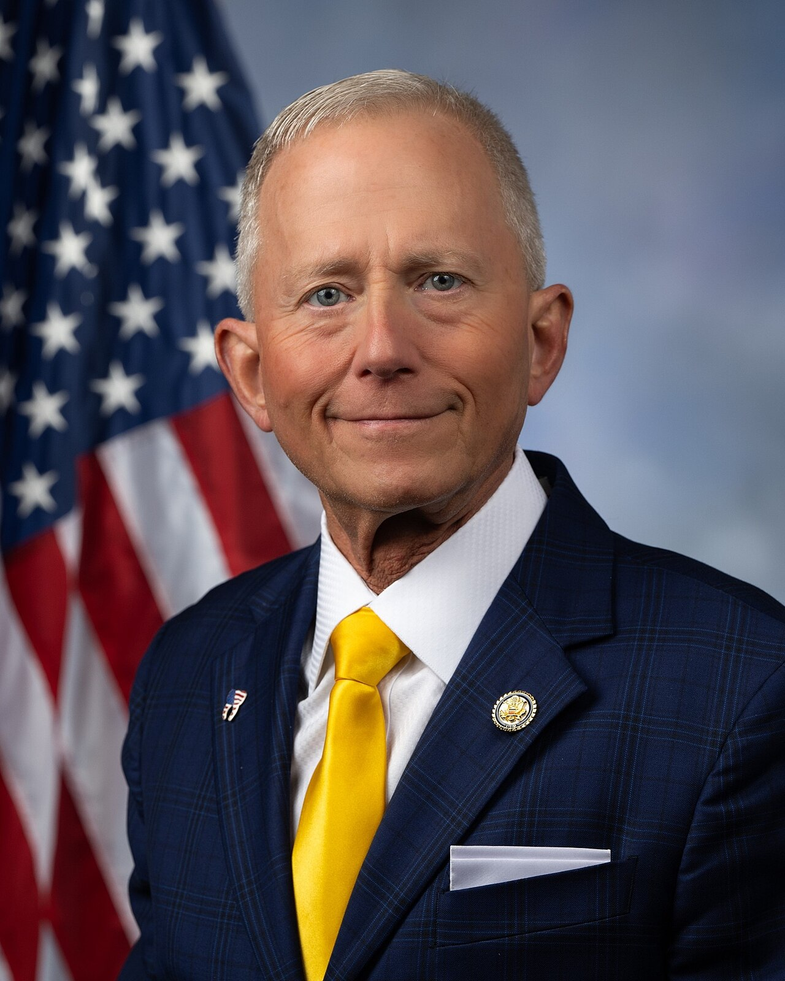H.R. 3681: Leveraging Educational Opportunity Networks Act
This bill, titled the Leveraging Educational Opportunity Networks Act
, aims to create and fund workforce training programs through grants awarded by the Secretary of Labor. Here are the main features of the bill:
Purpose of the Bill
The goal of the bill is to enhance job training opportunities for workers, particularly those who do not hold a college degree, by providing funding for programs that respond to the needs of the job market. It supports a significant shift towards short-term, high-quality workforce training approaches that can help participants secure employment in high-demand fields.
Key Findings
- Approximately 60% of workers in the U.S. lack a four-year college degree and many have gained skills through alternative training programs.
- There is a growing demand for short-term workforce training, with many individuals seeking education that is directly relevant to their employment needs.
- The U.S. faces a labor shortage, with a significant number of job openings and a decreasing number of individuals available for work.
- A large portion of the workforce earns low wages, with a significant number living below the poverty line.
Establishment of Grant Program
The Secretary of Labor will award these grants competitively to eligible entities, which can include:
- Nonprofit organizations.
- National training organizations with members across at least 10 states.
- Accredited institutions that specialize in career and technical education.
Use of Funds
Entities receiving grants will use the funds for various purposes, including:
- Creating and implementing career and technical education programs tailored to local job demands.
- Providing supportive services to enrollees, such as tutoring and life coaching.
- Offering stipends to assist enrollees during their training.
- Partnering with local employers to help ensure job placements after training.
- Conducting analyses of job market needs and preparing participants with the necessary skills for available jobs.
Program Requirements
Programs developed under this bill must:
- Be at least 12 weeks long.
- Provide participants with recognized post-secondary credentials upon completion.
- Pay a living wage to enrollees during training.
- Focus on underserved populations, including low-income individuals and former offenders.
Report and Accountability
Eligible entities must submit annual reports to the Secretary of Labor detailing:
- The earnings of enrollees before and after completing programs.
- The employment rate of participants after completion.
- The percentage of participants obtaining credentials and their starting wages.
Funding Authorization
The bill authorizes $30 million annually from 2026 through 2029 to support these activities.
Relevant Companies
- None found
This is an AI-generated summary of the bill text. There may be mistakes.
Sponsors
6 bill sponsors
Actions
2 actions
| Date | Action |
|---|---|
| Jun. 03, 2025 | Introduced in House |
| Jun. 03, 2025 | Referred to the House Committee on Education and Workforce. |
Corporate Lobbying
0 companies lobbying
None found.
* Note that there can be significant delays in lobbying disclosures, and our data may be incomplete.
Potentially Relevant Congressional Stock Trades
No relevant congressional stock trades found.

